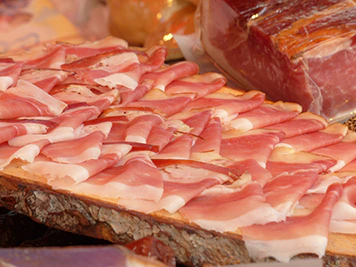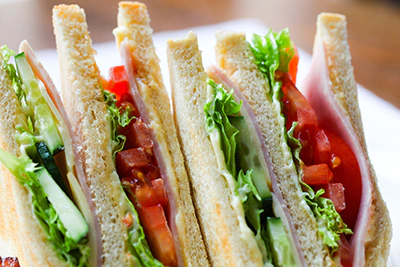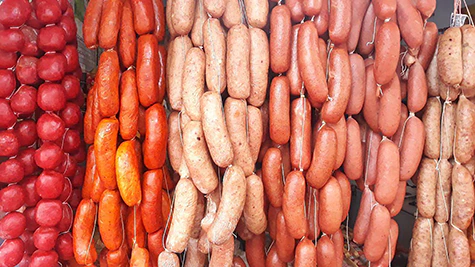| Essence |
Sodium L-Ascorbate or E301 is a form (mineral salt) of vitamin C that is chemically modified to also hold a Sodium molecule. It can be used both as an additive and as an active (beneficial) ingredient. Additionally, it’s commonly used as an alternative to the classic Ascorbic Acid since this one is easier on the stomach (less acidic). |
| Names |
Vitamin C, Sodium Salt of Ascorbic Acid, L-Ascorbic Acid Sodium Salt, Vitamin C Sodium, CAS 134-03-2, E301, Sodium L-Ascorbate, and others. |
| Sourcing |
Commercially, it is typically produced out of D-Glucose. It can also be created from Ascorbic Acid. |
| Manufacturing |
The process of creating it is very much the same as with L-Ascorbic Acid (E300). Meaning, it involves D-Glucose being hydrogenated, then microbiologically oxidated, and then oxidated through various other steps. But another way to do it would be by neutralization. Meaning, Ascorbic Acid is mixed with Sodium Bicarbonate or Sodium Carbonate, then filtered and isolated by crystallization. |
| Application |
Antioxidant (natural, water-soluble), acidity regulator, and preservative. |
| Acceptable Daily Intake |
None determined. |
| Side Effects |
None. In high doses, the Sodium L-Ascorbate can cause abdominal cramps, nausea, and diarrhea. But in extremely high amounts, it can bring about dizziness, flushing, fatigue, insomnia, headaches, and kidney stones. |
| Benefits |
As a vitamin that our bodies can’t produce, it is essential to life. It promotes immune function, battles cancer, promotes heart health, protects the brain, shields cells from the damage of free radicals, manages high blood sugar levels, reduces chronic diseases, and aids in many other ways. |
| Studies |
1,030+ studies on Pubmed. 25+ studies on safety. |
| Allergens |
None. |
| Diet Restrictions |
None. |
| Health Knight Assessment |
Only Beneficial. | Category 0 Additive. |
| Products |
Sodium L-Ascorbate can be found in such processed foods as salami, ham, sausages, other pork, chicken, turkey meat products, pizzas, salads, premade spaghetti, pasta, potato, and rice products, sandwiches, chips, beans, burgers, sauces, hotdogs, tortillas, lasagnas, soups, spreads, and others. |



